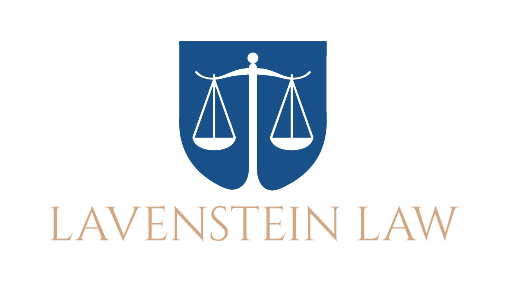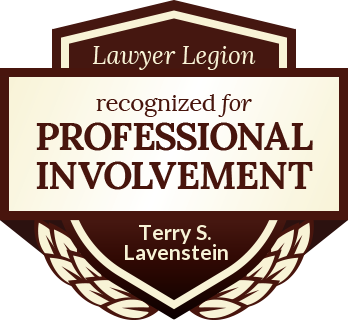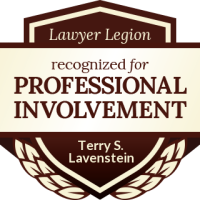By: Janet Christy
[ad_1]
In working with non-profits and agencies the struggle I see most is in understanding Outcomes and including them in planning and the quest for funding. Somehow Outcomes have become confused with activities. But the actuality is that Outcomes are evidence that activities have caused a change and/or difference. Outcomes, or evidence, are very personal to a program, organization or mission; however, there are some commonalities.
Looking at how evidence is used by others will help with the understanding.
- Law Enforcement must have evidence before they can arrest someone. And that evidence must prove that the person being arrested did commit the crime.
- The courts must have evidence before they can find someone guilty. The evidence must be strong enough to remove reasonable doubt.
- The military must have evidence that a target is justifiable before they attack.
- A drug company must have evidence that a medication will have a positive impact on a disease before they can distribute it.
- A healthcare provider must have evidence that a patient will benefit from a treatment before they proceed with a medication, surgery or other procedure.
- A football official must see indisputable evidence to overturn a ruling on the field.
All of the above know the necessary evidence before they proceed. They see the needed outcome and determine what evidence will prove that the outcome has been realized. And they are often governed by rules or practices of their profession.
So an effective method for non-profits and agencies to know if they are dealing with Outcomes instead of activities is to ask the following questions about the Outcomes they put in their plans and strategies.
- Will there be enough evidence of change and positivity for me to be arrested? What is the change? How will I measure it so that the proof is obvious?
- Would a court find me guilty of impacting the people, place or thing that I planned to impact? Will I be able to prove it beyond a reasonable doubt and beyond a list of activities?
- Will my client be better because of my program or mission? Will I be able to gather the statistical proof that the cure was effective, not just record the number of people that were offered the cure?
- Will my funders and board members believe that a change or impact was made? Do I understand the evidence they need to be convinced?
As I often do in articles, blog posts and consultations, I will once again close with the advice to Start with the ending when planning and seeking funding.
[ad_2]
Source















